What's Hot & What's Not, feat. Amaranth Wellbeing
Joanne Hill from Amaranth Wellbeing in Bramhall, Manchester, shares her store’s best and worst selling categories, from collagen to candles.
What’s Hot: Collagen
The first time I noticed collagen products making a significant entry into the market was at NOPEX 2019. While we haven’t engaged much with CBD, our collagen sales have consistently grown. We introduced Planet Paleo in 2019, and although it had a slow start, we eventually gained traction. In the early days customers were drawn to well-known online brands with big marketing budgets. However, as interest grew, they turned to us for advice, knowing we only offer high quality products. Ethics and purity are our top priorities when selecting brands. Our bestsellers include Nature’s Plus, Planet Paleo and Bare Biology.
What’s Hot: Powders
Wholefood-based supplement powders are thriving, particularly green powders and blends of fruits and vegetables, often paired with mushrooms or adaptogens. Sales of mushrooms and adaptogens have risen steadily in recent years, with lion’s mane and ashwagandha standing out for their benefits to the nervous system and cognitive function. Our nutritionists frequently recommend these powders as a convenient, natural way to achieve a therapeutic dose of essential plants and nutrients, while also offering targeted support for adrenal health, hormones or the nervous system. Terranova, Kiki Health, Supernova and Raise & Replenish are among our top sellers.
What’s Hot: Energy VMS
While sales are not yet substantial, we’re seeing growing interest in energy and so-called longevity nutrients, particularly NMN and NADH. Some of our regular customers take NMN daily and report noticeable benefits. From my research I remain sceptical, so we always advise customers to prioritize diet and lifestyle first. We often guide them towards magnesium, ribose and B vitamins, with Viridian Nutrition High Potency Magnesium, High Five Multivitamin & Mineral, and D-Ribose Energy being our top sellers.
What’s Not: Zero waste
Back in 2019, the zero-waste trend was huge and we embraced it by offering refills, shampoo bars, toothpaste tablets and more. Unfortunately, COVID put a halt to the popularity of refills, and a refill shop also opened nearby. That has since closed, but there is still not enough customer interest to expand our zero-waste range again. Our small selection of bars and tablets generates only a few sales a week. Slightly bucking this trend, we have seen more people returning to soap bars. We’ve brought in some lovely individually wrapped bars from Soap Folk that make affordable gifts, alongside everyday products from Faith in Nature.
What’s Not: Food
We’ve never been a traditional health food store, so our food category has always been relatively small, occupying between 15% and 25% of shelf space. In terms of profitability, it’s much lower than our supplement and beauty categories, although it does help to drive footfall. However, over the past two years, we’ve seen demand for health foods decline as many of our brands became available in supermarkets. Now, we’ve condensed our food offerings to a single bay, featuring snacks, organic nut butters, yeast flakes, sea salts, honey and a few speciality baking items.
What’s Not: Candles
During lockdown, and for a year or so afterwards, there was a surge in demand for candles and room sprays. We saw record sales in this category as customers brought a touch of luxury into their homes. However, as social life returned to normal and budgets tightened, sales of these luxury items declined. We are one of only a few independent stockists of NEOM Organics, so this category will always remain important for us, but I now reduce the shelf space between January and September, then introduce new seasonal products for darker evenings and of course Christmas.
By Joanne Hill, Amaranth







